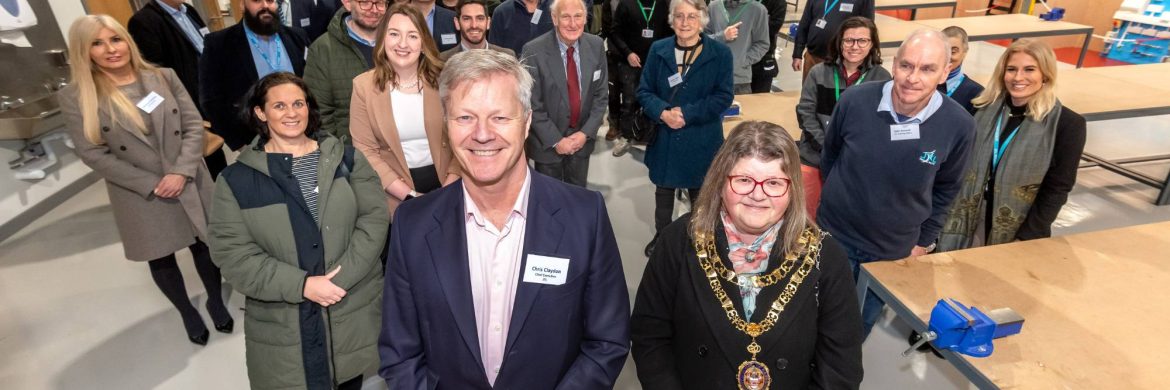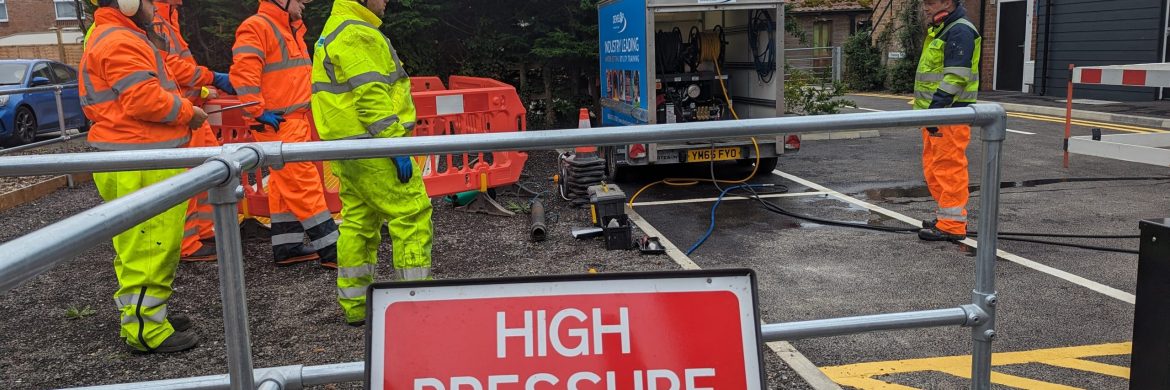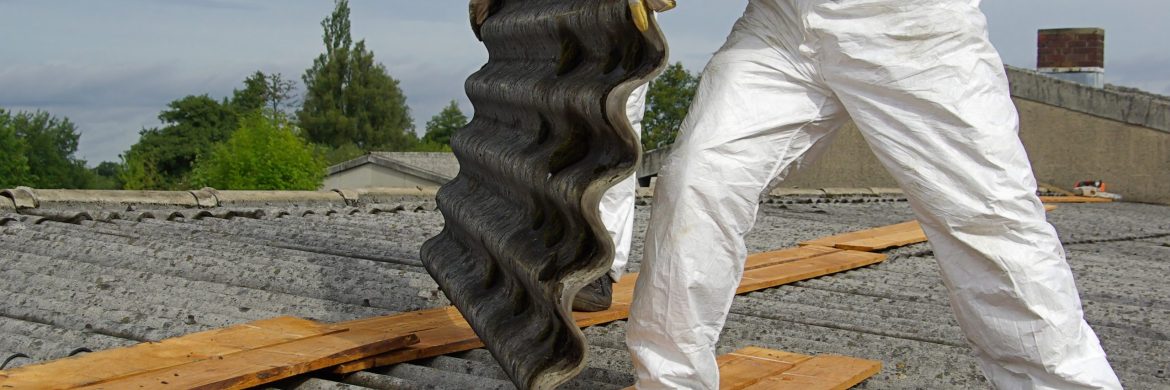Meet the Team: Graham Long
28 February 2024 Blogs

In the world of education and compliance, there exists a silent hero, quietly ensuring that the wheels of knowledge keep turning smoothly. His name? Graham Long, a Quality Assurance Auditor at Develop Training. With a twinkle in his eye and a passion for precision, Graham is the backbone of our Quality Assurance and Audit Team, dedicated to ensuring Develop stays compliant with legislation, keeps pace with awarding body changes, and ensuring that the business continues to deliver high-quality learning experiences to our delegates.
But there’s more to Graham’s role than meets the eye. Beyond the confines of Develop, he serves as an external consultant, a wizard of compliance, working tirelessly on two significant external quality assurance projects with Develop’s sister company, CompEx, and Network Plus.
A week in the life of a Quality Assurance Auditor
Picture an average week in Graham’s life – a dynamic mix of assurance activities. On some days he can be found meticulously monitoring courses, both within Develop and externally, to ensure that they are executed flawlessly. On others, crucially, he checks that paperwork is filled out correctly and every exam meticulously marked, maintaining the highest standards for accreditation.
As Develop’s Operational Training Managers collaborate with Graham to develop new courses, he ensures these courses align with the exacting requirements of awarding bodies. And when those awarding bodies decide to update their courses, Graham is on the frontline, ready to adapt and refine our offerings.
But what makes Graham Long the go-to guy for all things quality and compliance at Develop?
It’s not just his passion and dedication; it’s his impressive arsenal of qualifications. He boasts a range of certifications, including AET, IQA, Auditor Qualification, Compex – EXF+, 18TH Edition, Water Jetter, First Aider, Mental Health First Aider, Safeguarding and Prevent trainer, Engineering Quali, NEBOSH, and Streetworks supervisor. He’s a one-man army of expertise!
An impressive career journey
Graham’s journey to becoming Develop’s Quality Assurance Auditor aficionado is equally impressive. He kick-started his career as a Mechanical Apprentice at Anglian Water, and over 21 years, he honed his skills as an Operational Mechanical Engineer in both Wastewater and Drinking Water divisions.
His next step was as a Trainer Assessor in their training unit, which later became Develop Training. After stints in the delivery team and as a dedicated IQA lead, Graham found his true calling in the Internal Quality Assurance & Audit team when it was established two years ago.
A moment to be proud of
Among his many accomplishments, Graham’s proudest moment arrived in 2022. The Quality Assurance and Audit team clinched the coveted ‘Team of the Year’ award at the Develop Employee Conference. Achieving this accolade within just nine months of the team’s formation was a testament to Gary Fisher’s leadership and the entire team’s unwavering commitment to excellence. It also shows the respect that the wider business have for the team and the work they do.
Outside of work
Beyond his professional achievements, here’s a delightful tidbit about Graham: In 2005, he received a royal invitation to attend the Queen’s Garden Party at Buckingham Palace!
As Graham continues to play an integral role in maintaining quality and compliance at Develop Training, delegates and their employers can rest assured that our courses will always be delivered with precision, passion, and the IQA seal of approval.
To find out more about Develop’s Internal Quality Assurance & Audit Team, visit our dedicated webpage here.



























